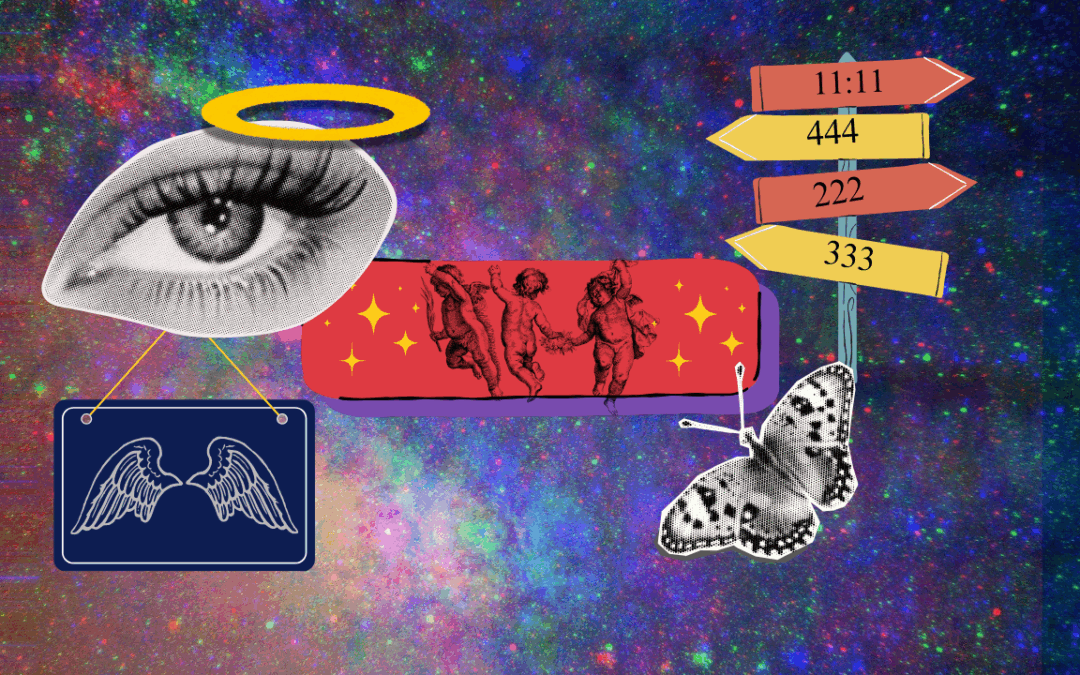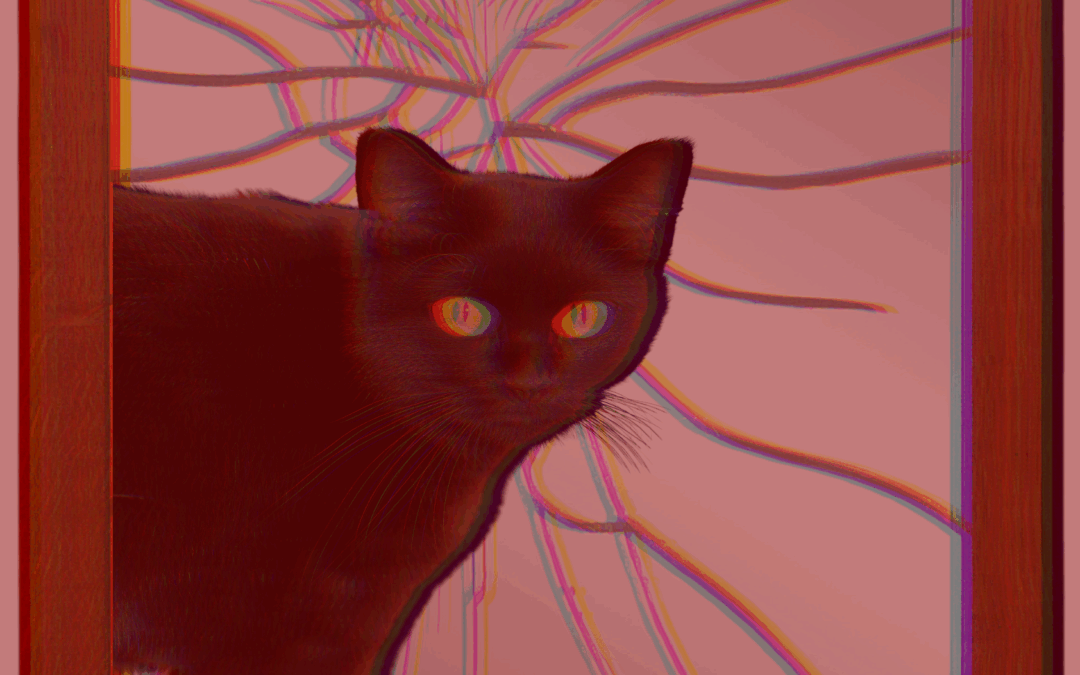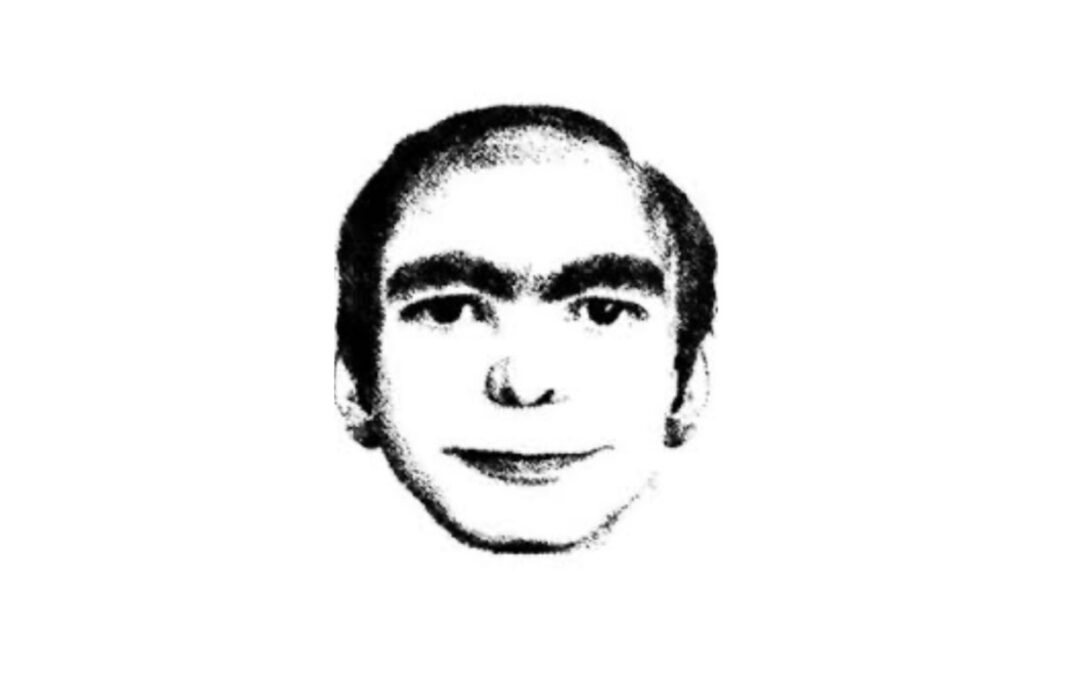What if every decision you didn’t make still happened, but just not here? Diving deep into the world of science and speculation behind parallel universes, Blessing Adefemi uncovers whether we truly are living in just one version of countless unseen possibilities.
I feel like at least once in our lives we’ve thought about big decisions or choices we’ve made, like what if I never sent that message or what if I didn’t miss that bus. Alternate versions of reality that would have led us down a different path. The idea sounds impossible, but could it could be possible.
It’s called a parallel universes or multiverse (not the marvel verse), in that there are multiple universes existing simultaneously alongside our own. These universes may have different variations of reality, with distinct outcomes and events.
In a parallel universe 😜 pic.twitter.com/vboApovteA
— THE X FILES AESTHETICS (@XFilesAesthetic) June 1, 2025
The brains behind this concept, Hugh Everett III an American physicist who first proposed the many-worlds hypothesis in the 1950’s.
A quantum mechanics theory (the study of the smallest particles in the universe) which suggests that every quantum measurement does not result in a single outcome but branches or spawns out into multiple strands which each correspond to a different result.
Basically, imagine “one version of you sees a sunny day and another version of you sees a rainy day,” says Bill Poirier, chair of the chemistry department here at the University of Vermont and researcher in computational sciences,
“Those two versions don’t affect each other. They go on their parallel pathways and it’s as if the other one didn’t exist.”
That is the Many-Worlds Theory, for every possible outcome, a new, separate world is created.
Movies like “Everything, Everywhere all at once”, touch on this theory (Mini spoiler ahead). It’s basically like in one universe (or world) I have sausages for hands, and in another, completely separate world, I don’t.
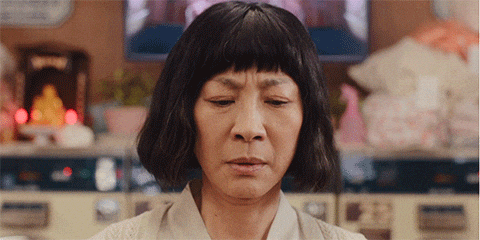
In contrast to Dr. Everett Many Worlds Theory (MWT) , there’s the Many Interacting Worlds (MIW) theory, “In the Everett many worlds theory from the 1950s, there’s not a very clean definition of what a world is.” says Dr Poirier
“My approach essentially is a rigorous way to define mathematically what you mean by words in a many-worlds picture.”
In comparison to the many worlds theory, which expresses that the worlds do not interact and are completely separate, in the MIW theory.
“The worlds talk to each other, they affect each other and in fact, it’s worlds talking to each other that is the cause of all quantum effects.
“If you get rid of the interworld communication, then you get rid of quantum mechanics and you’re left with Newton’s laws…so that’s also a very nice and interesting way to interpret quantum mechanics as the communication between nearby worlds.”
So unlike the MWT, one world could be sunny and another world rainy, those worlds would be far apart enough that they don’t talk to each other.
But in the MIW theory, if you have a sunny day, there would be another world where it is slightly less sunny, those two worlds do talk to each other and affect each other as there is little difference.
Imagine there are a lot of other boats just like ours, all floating on the same ocean, right next to each other. These boats are almost, but not quite, the same.
So, when super tiny things (particles) act weird in our universe, it’s because our boat is actually bumping into these other copycat boats.
Those little bumps and pushes from the other boats make things in our boat behave in strange ways. It’s like our world isn’t alone. Its behaviour is influenced by all the slightly different neighbouring versions of itself.
Essentially, either interpretation attempts to make sense of the bizarre world of quantum mechanics, in particular how to measure it.
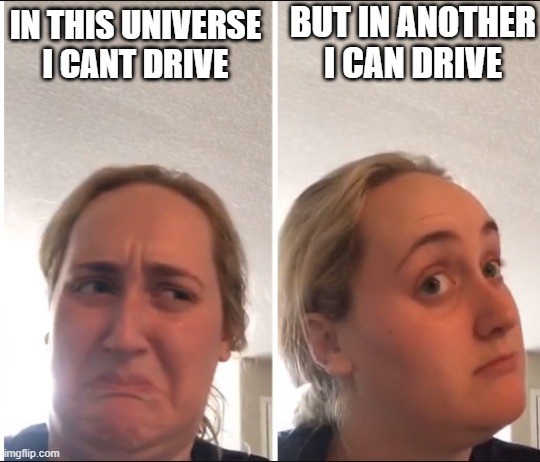
There are many other interpretations in terms like the string theory or the cosmological inflation theory. The only issue these interpretations and theories face is that currently there are no definitive tests to prove the existence of parallel universes because you can’t exactly see it physically.
This then brings us to an interesting question, Why then exactly are we so compelled by these ideas of a potential alternate universe?
Professor Christopher French, a psychology professor at Goldsmiths University of London” said that we have a natural human tendency to think in terms of the “what if?”
“We are often inclined to ruminate on past events when some sort of failure has occurred. What if we had stayed home revising rather than going to the pub the night before an exam? What if we had prepared better for that job interview?
“Such ruminations can be useful learning experiences guiding our future actions.”
Dr Poirier explained how his colleague believed in his interpretation because he had a young son who had tragically passed away recently.
“And it gave him comfort to imagine that there’s another universe in which he’s still alive, living his life and so forth.”
Parallel universes.
As I’ve come to realise is a way for us to try and explain the unexplainable. In a world filled with so much uncertainty, the idea that nothing is truly ever lost, and is really just lived differently. I suppose offers us that comfort in the face of the unknown.

